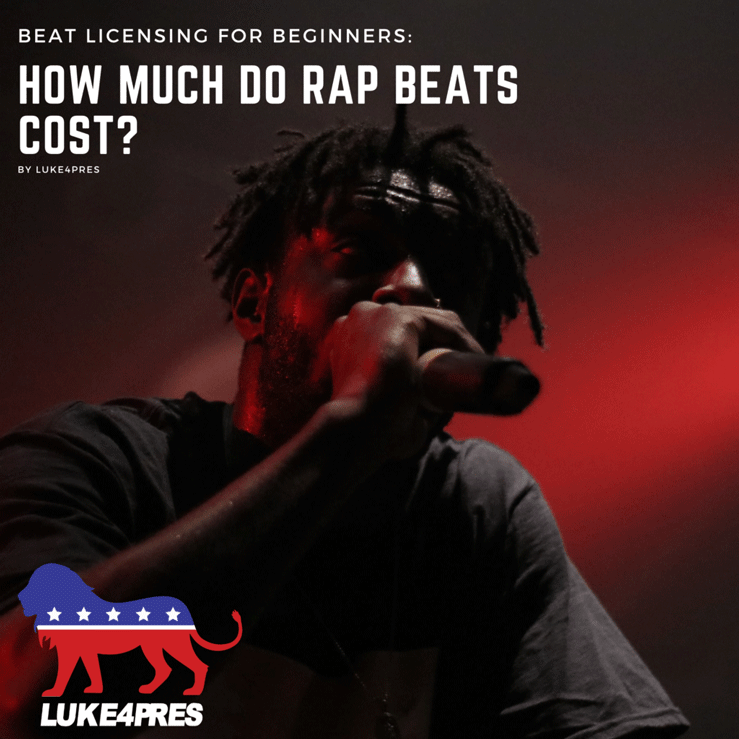Owning the exclusive rights to a beat means only the purchaser can ever use the beat going forward. Also, certain ownership rights are transferred from the producer to the artist. The beat is removed from the producer’s beat store, never to be leased or purchased again. Purchasing the exclusive rights to a beat is generally more expensive than purchasing a lease.
In the event of an exclusive sale, the producer typically retains some ownership rights over the beat. This allows them to collect any back end royalties the song might end up generating. The exact amount varies from deal to deal, however, and is negotiated by the artist and the producer at the time of the beat’s purchase.
Now that you know the difference between a beat lease and an exclusive, let’s break down the different license types and their price ranges.

